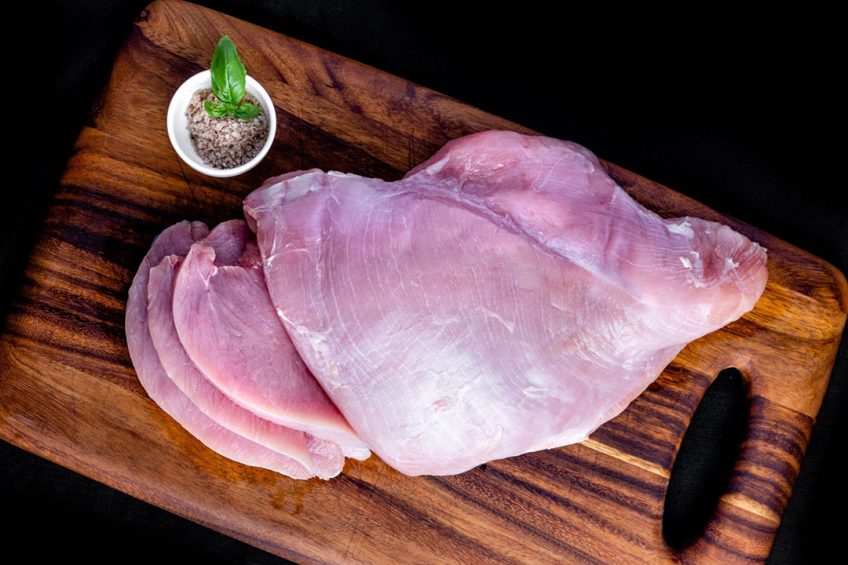Call to tackle Campylobacter in New Zealand

Researchers in New Zealand have called for additional regulatory action to be taken to control Campylobacter.
The researchers say that fresh chicken meat is the largest single source of campylobacteriosis in the country, making it the largest food safety problem. Meanwhile, scientists have proposed a national inquiry to identify an effective response to Campylobacter in chicken meat, reports Food Safety News. According to the accepted manuscript in the journal Epidemiology and Infection, responsibility for managing food safety also needs to shift to an independent regulator, potentially as part of a revitalised public health agency.
Fresh chicken meat was responsible for an estimated 539,000 cases, 5,480 hospitalisations and 284 deaths, as well as economic costs of US$ 380 million between 2009 and 2018. By global standards, in 2018, incidence were at a rate of more than 7 times that of the US. Another recent study, published in the International Journal of Infectious Diseases, found poultry meat was a major source of Campylobacter infection in New Zealand.
 McDonald’s Australia to serve only RSPCA approved chickens
McDonald’s Australia to serve only RSPCA approved chickens
From February, McDonald’s Australia will introduce RSPCA-approved chicken across all its restaurants nationwide.
Proposed solutions
New Zealand produces almost all of its own poultry, so it is well-placed to take action to better manage the problem, according to researchers. They added that based on its significant human health and economic impact, controlling Campylobacter linked to contaminated fresh chicken meat should be a priority for the Ministry for Primary Industries (MPI) and Food Standards Australia New Zealand (FSANZ). Scientists advise that the MPI lowers Campylobacter levels permitted on fresh poultry and that FSANZ requires consumer information labelling of poultry. Consumers could also be shifted to safer food sources such as restricting sales to only pre-cooked and frozen chicken products.












